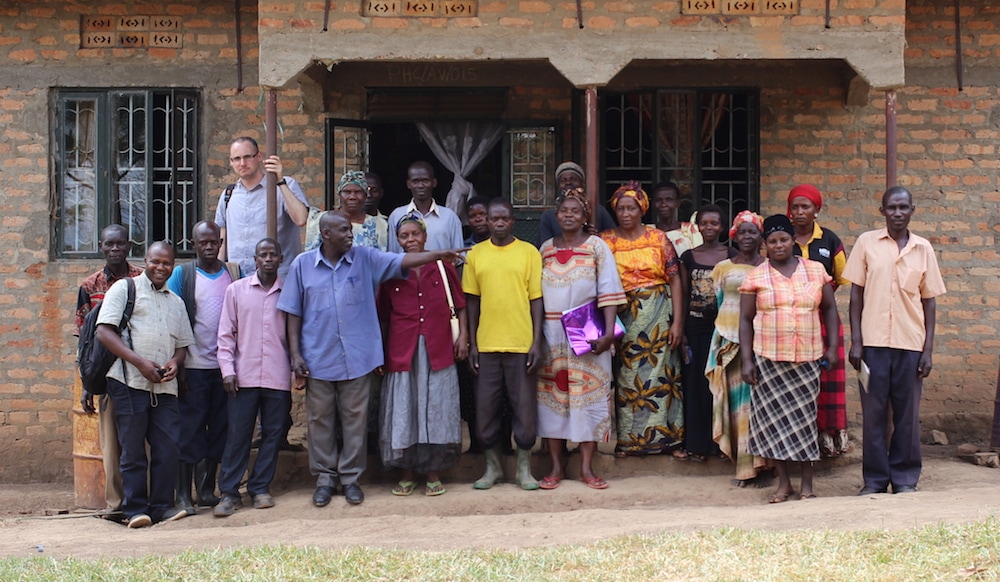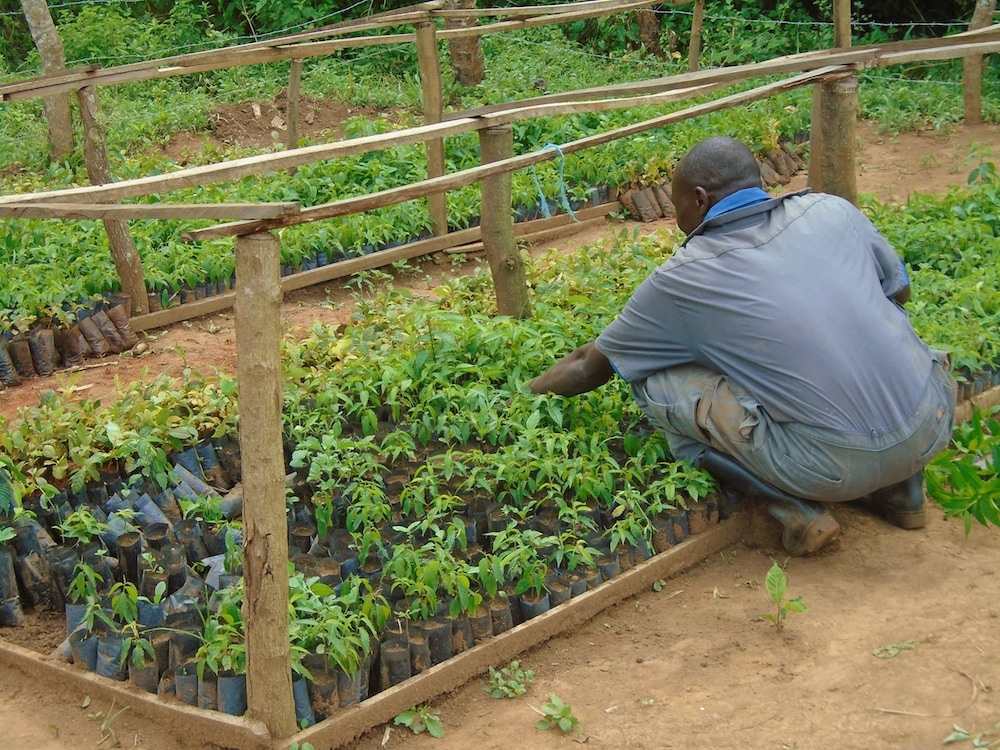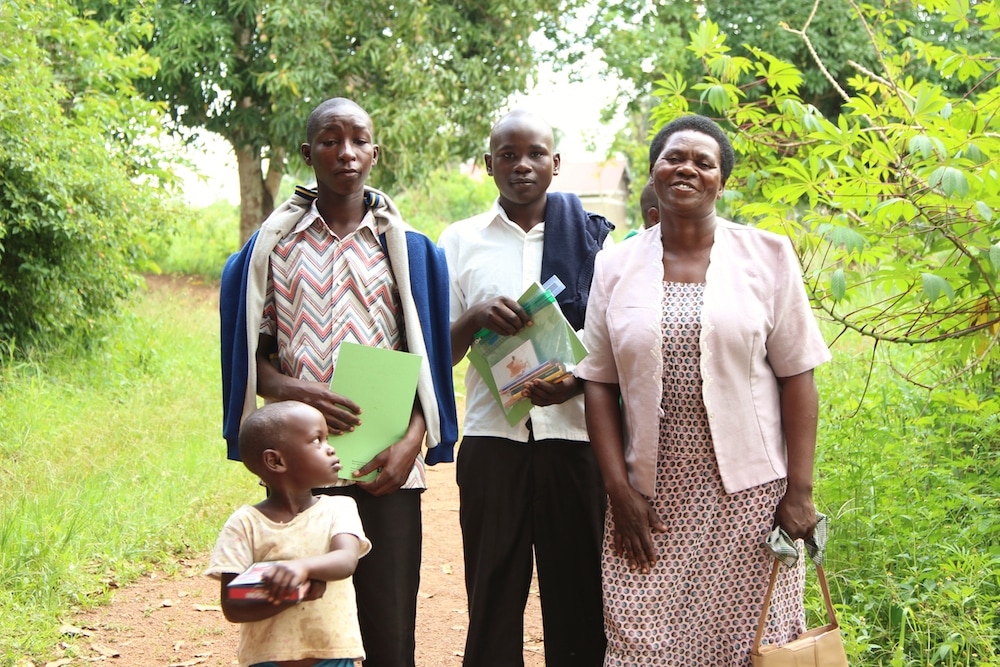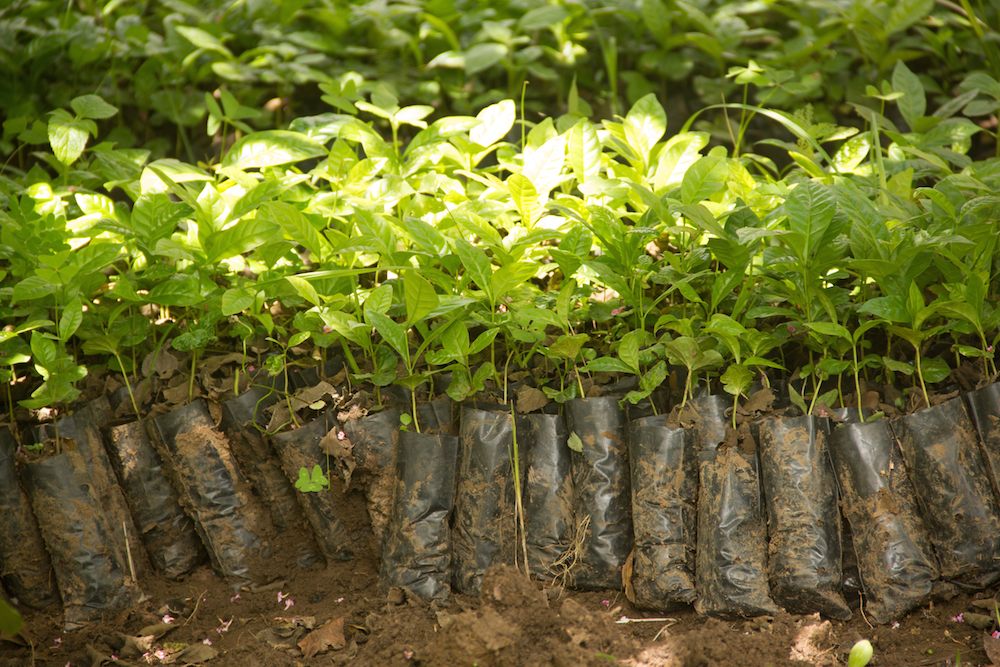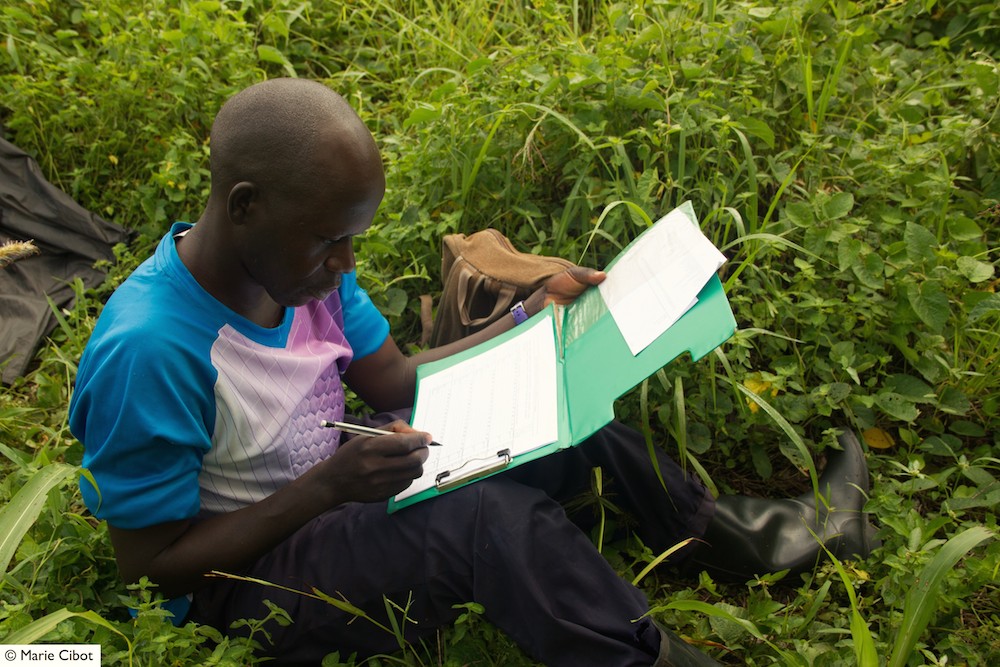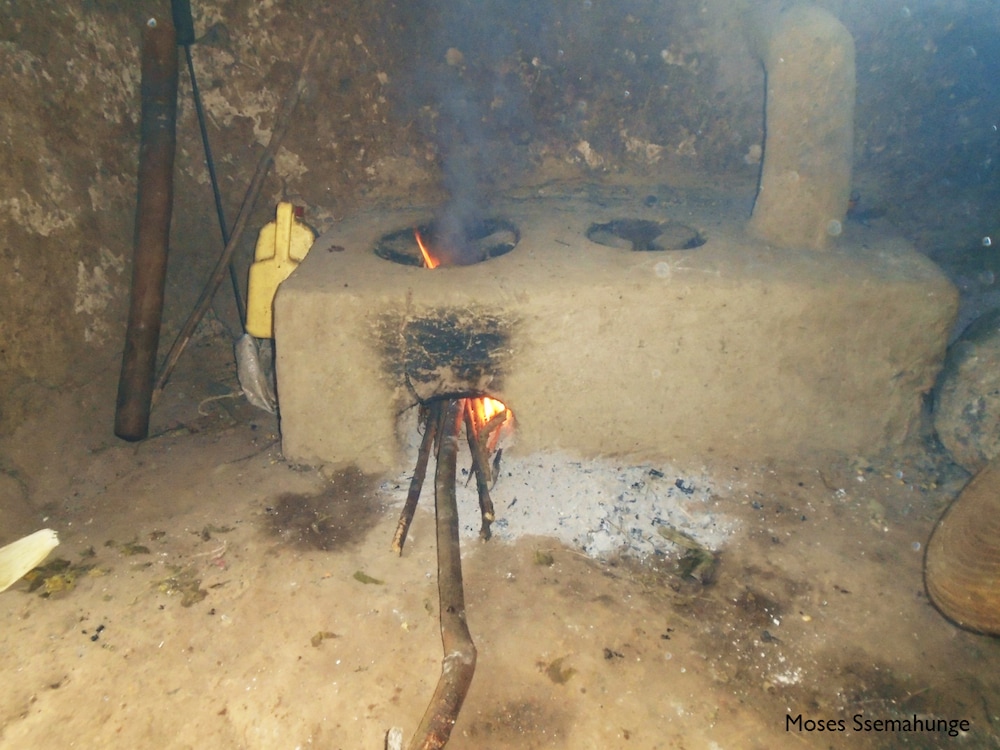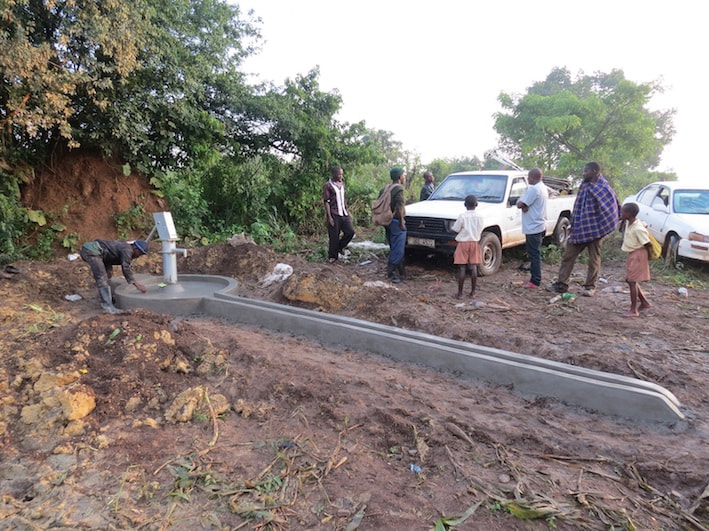THE PROJECT
|
Chimpanzee populations in Africa are plummeting. As human populations grow rapidly, chimpanzees can become squeezed into shrinking forests surrounded by people. The Bulindi chimpanzees in Uganda are one such group of imperilled great apes trying to survive under desperate conditions.
This 22-strong chimp community are the focus of a long-term study into how wild chimpanzees adjust to living around people in a fast-changing landscape. The research findings can help us plan conservation strategies for great ape populations under human pressure. Local farmers in this part of Uganda live in poverty; they cut down forest to plant crops and sell the timber to raise a little cash. By 2014, deforestation throughout the wider region that includes Bulindi was so extensive that the survival of the region’s 300 or more wild chimpanzees was under immediate threat. At Bulindi – where researchers have been able to document the loss – more than 80% of the forest was converted to farmland in less than 10 years! It was clear that without urgent intervention the remaining forest would also be lost and the chimpanzees would not survive. The Bulindi Chimpanzee & Community Project was launched to address this urgent conservation problem. The good news is that most villagers want to conserve the forest on their land. They know the many environmental services the forest brings, but typically give two reasons for cutting it down. First, they need money for school fees so that their children can get a good education. Second, they need wood for construction and cooking. Sadly, the easiest way for them to raise funds is to sell trees for timber and clear the forest to plant cash crops like tobacco and rice. Conserving great apes on local people’s land poses unique challenges; however, the pilot project at Bulindi successfully halted the relentless deforestation. We support local households in key areas by investing in their children's education via a school sponsorship scheme, and supporting small household projects including house construction and coffee cash-cropping. We also provide households with energy-saving stoves and seedlings for woodlots which is reducing pressure on remaining natural forest. Forest enrichment planting aims to replenish the forest with natural foods for chimpanzees to reduce future human–chimpanzee conflict (by reducing crop ‘raiding’ by the apes). Since the project’s inception in 2015 the chimpanzee community at Bulindi increased from 18 to 22 individuals, and natural forest is beginning to regenerate. In 2017, with the support of BridgIT Water Foundation we constructed three village boreholes, providing villagers with access to clean water for the first time. We are confident our project can have a similarly positive impact on chimpanzees, forest and local people in surrounding areas where chimpanzees are equally threatened by deforestation and conflicts with farmers. |
|


